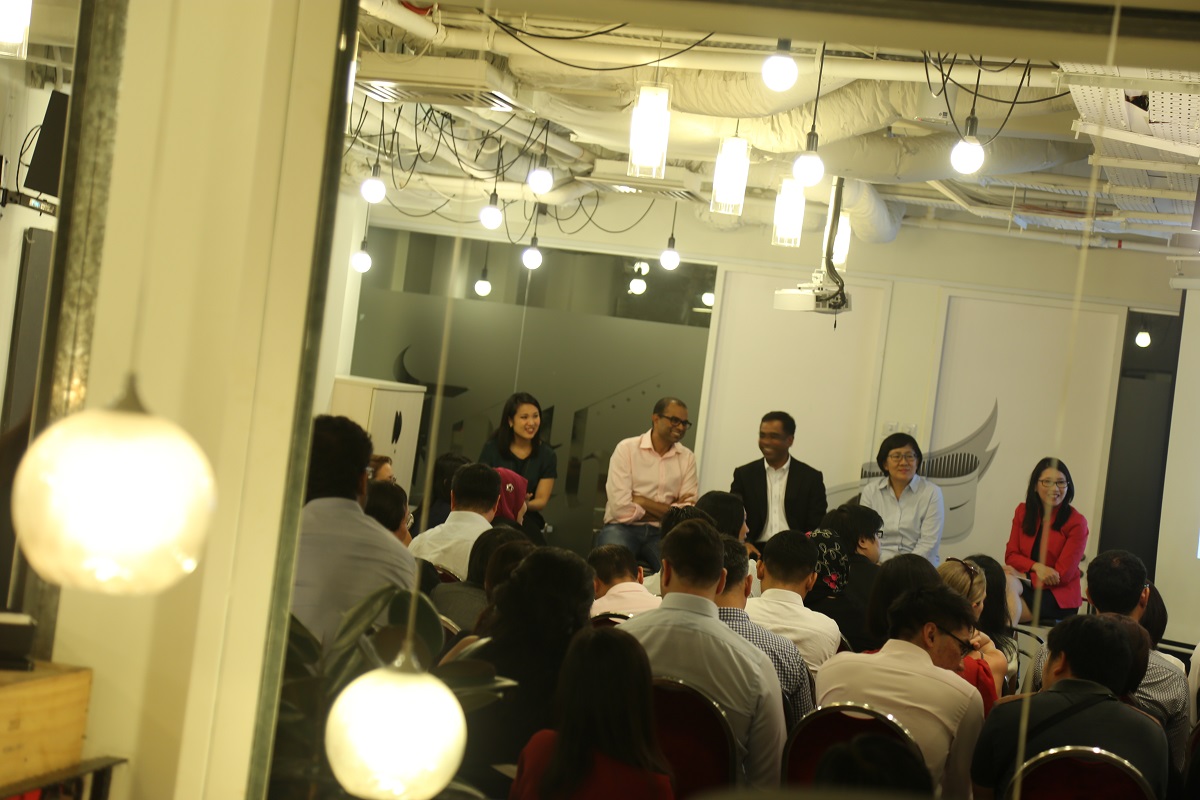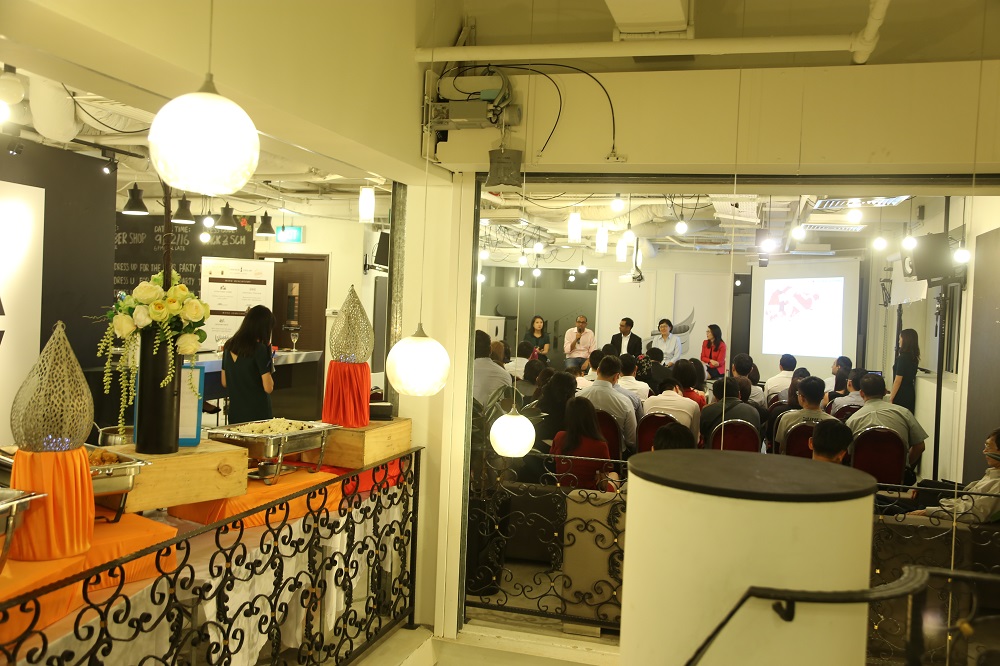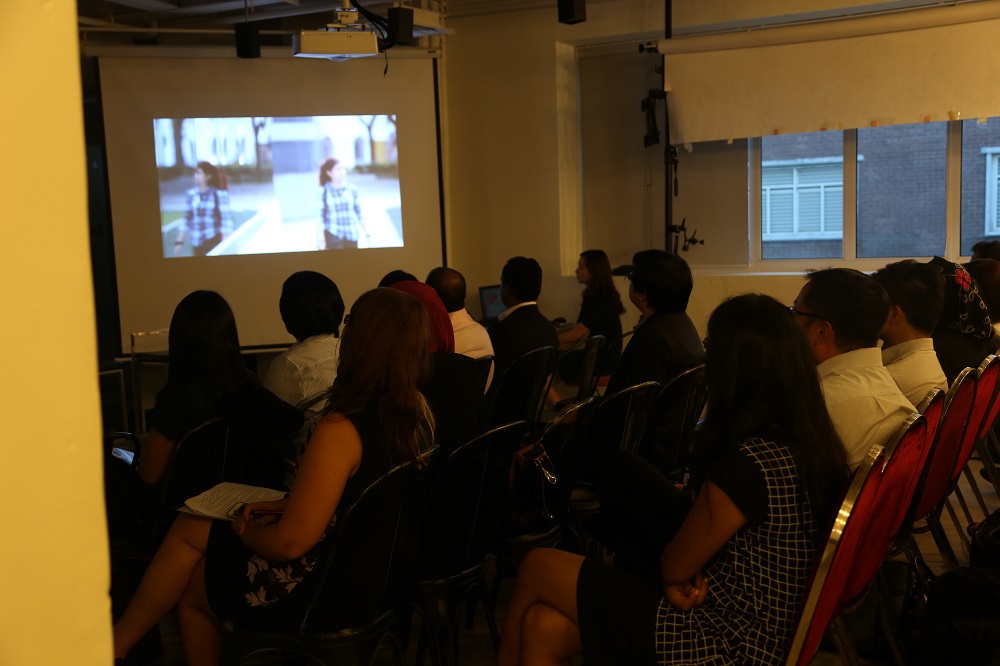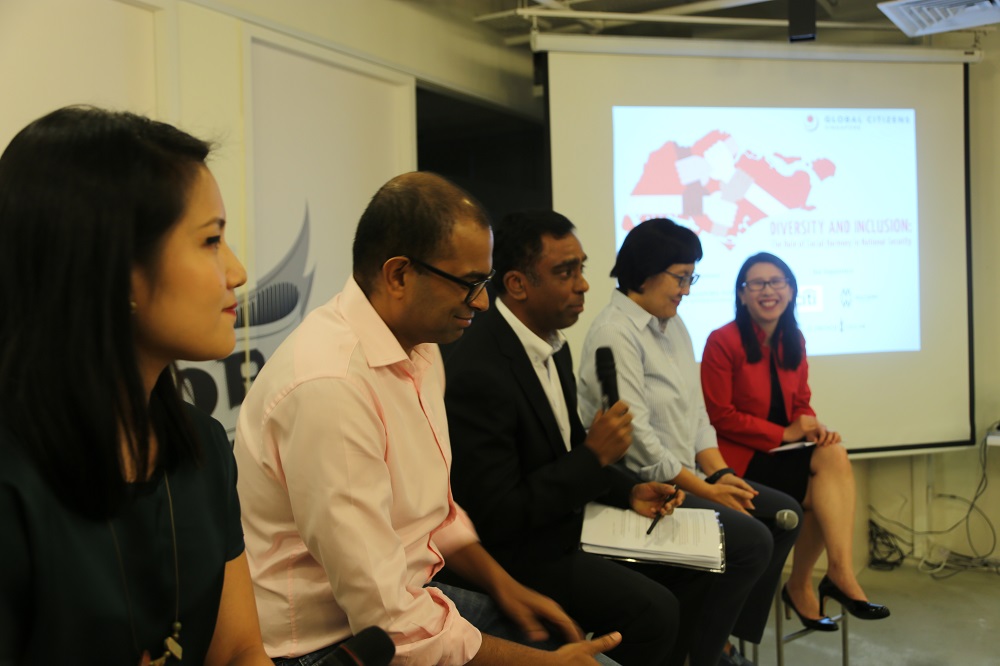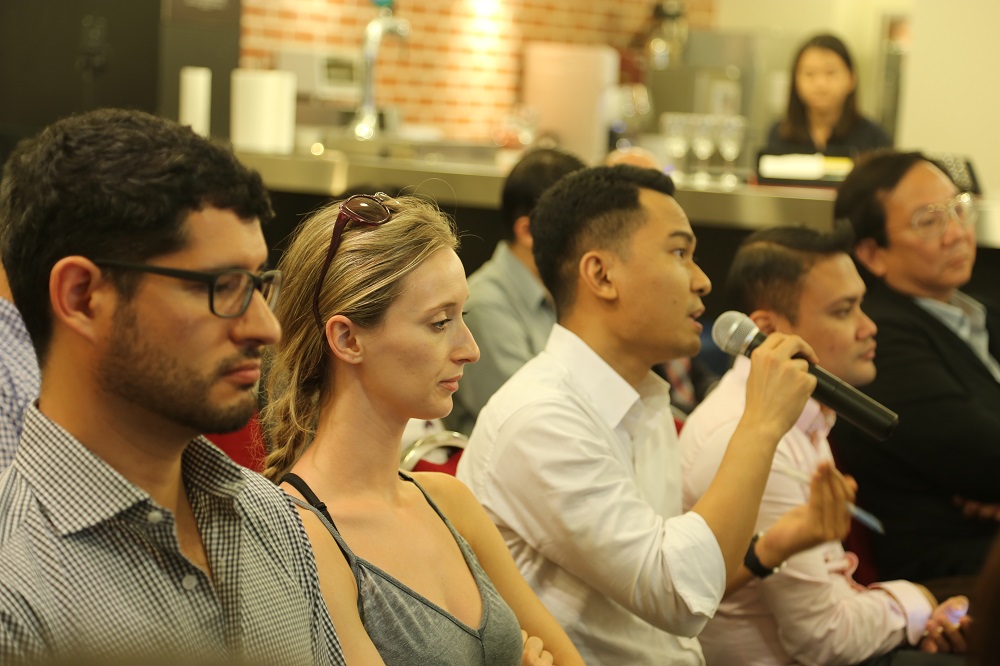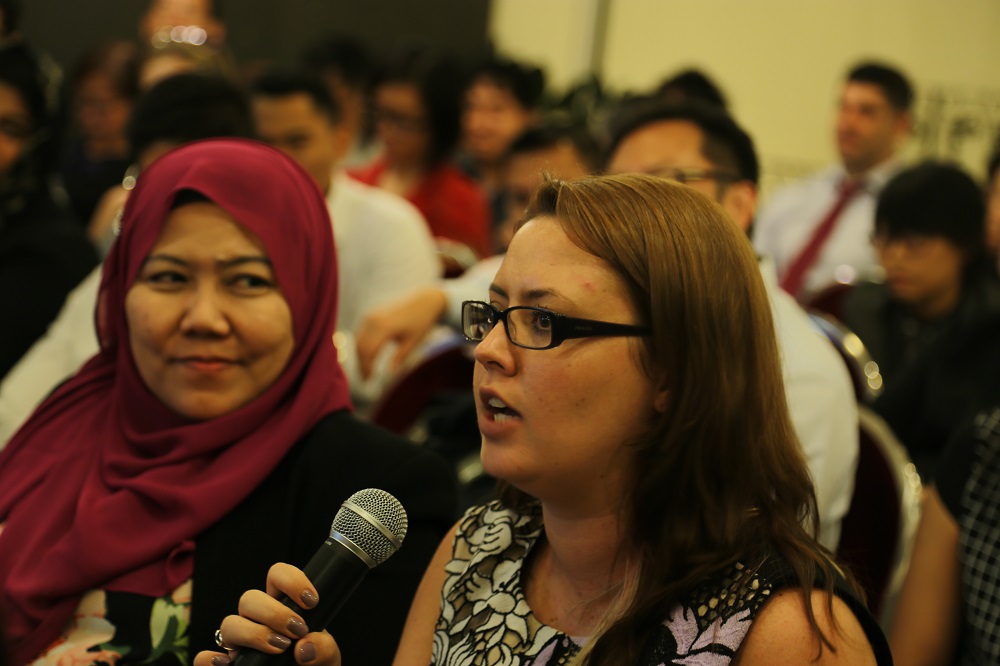Singapore prides itself as being a multicultural nation. But issues of race and religion remain sensitive topics. On 12 September, we held a Global Citizens Singapore session on “Diversity and Inclusion: The Role of Social Harmony in National Security” at the McCann Worldgroup premises in The MacDonald House.
Our session featured views from Dr. Janil Puthucheary, Senior Minister of State, Ministry of Communications and Information & Ministry of Education, and Chairman, OnePeople.sg, Dr. Paulin Tay Straughan, Professor of Sociology (Practice) and Dean of Students, Singapore Management University, Ms. Karen Loon, Territory Diversity Leader and Banking & Capital Markets Leader, PricewaterhouseCoopers (PwC), and Dr. Terri-Anne Teo, Research Fellow, Centre of Excellence for National Security (CENS), S. Rajaratnam School of International Studies (RSIS), Nanyang Technological University (NTU). The panel was moderated by Mr. Adam Rahman, SIIA Council Member and Head of Corporate Affairs, Singapore & ASEAN, Citi.
More photos from the event are available on our Facebook page.
At the start of the event, we screened an excerpt from the recent Channel NewsAsia documentary “Regardless of Religion”, presented by Dr. Puthucheary, a follow-up to last year’s “Regardless of Race”. The documentary opened with the question of whether terrorism has affected the way we view each other. Throughout the documentary, people whom Dr. Puthucheary spoke to agreed that religious harmony in Singapore has deteriorated compared to just a few years ago. Therefore what is at stake is not terror threats per-se, but whether Singapore’s diverse society can stay united.
In the panel discussion and Q&A, it was pointed out that Singapore’s resilience has not really been tested. Singapore has not been hit by violence in recent years; the country has not experienced racial and religious clashes in recent years, though there are more subtle forms of discrimination. The issue is that, until recently, people in Singapore have not been very willing to talk about race and religion.
How people frame race and religion is a social construct. The CMIO (Chinese, Malay, Indian, Others) racial categorisation system that Singapore uses is not truly a definition of racial identity, it was created as a tool for government policy. The CMIO model is imperfect, and today the lines are blurring.
A key point of the discussion was that race and religion are very much real issues. Singapore prides itself on being a multicultural society, but we have not yet reached a point where racial differences do not matter – as the recent debate over the reserved Presidential Election shows. But it is healthy to have discussions on race and religion, if we can do so without violence and strife. One reason to be optimistic is that young people in Singapore seem more willing to talk about these issues, which bodes well for the future.
The full “Regardless of Religion” documentary is available on Toggle. Video comments from our panel will be available on our Singapore Institute of International Affairs and Global Citizens Singapore Facebook page.
